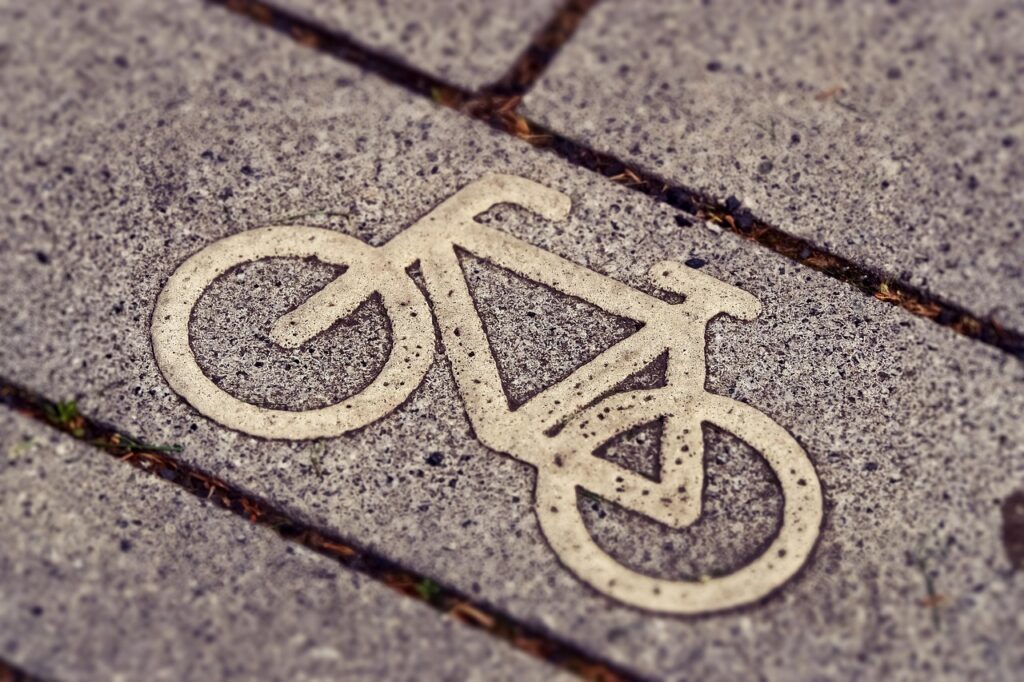Who’s Calling from 7733288433?
Getting a call from 7733288433 and unsure if you should pick up? You’re not alone. Thousands of people report daily about repeated missed calls or voicemail messages from unfamiliar numbers. The 773 area code is based in Chicago, but don’t let that narrow your thinking. Scammers can spoof area codes to appear more local and trustworthy.
If this number has been calling repeatedly without leaving clear messages—or worse, leaving vague voicemails about “urgent financial matters” or tax trouble—it likely falls into one of several categories: robocalls, telemarketing, phishing schemes, or debt collection scams.
Quick Test: Scam or Not?
Here’s a simple way to filter calls from numbers like 7733288433:
- Do you recognize the number?
If no, don’t answer. Let it go to voicemail.
- Does the caller leave a detailed voicemail?
Scammers often don’t. If someone legit is calling, they’ll explain who they are and why they called.
- Did the person on the line demand urgent action?
Big red flag. Scammers rely on panic and pressure.
- Are you being asked to verify or share personal info?
Don’t. Hang up immediately and block the number.
Why You Shouldn’t Pick Up Unfamiliar Calls
Answering unknown numbers can do more harm than good. It confirms to robocall systems that your line is active. That often leads to your number being sold to more telemarketers or scammers. It’s a vicious cycle that starts with curiosity or habit—one more reason to ditch the impulse to “just see who it is.”
Options to Block or Report
You’ve got leverage. Use it.
Block the number: On iOS or Android, it takes 5 seconds. No more calls from that number. Report it: Use FTC’s Do Not Call registry or report unwanted calls at donotcall.gov. Use call screening tools: Apps like Hiya, Truecaller, or even builtin phone features (Google’s Call Screen) help detect and block spam.
Also, carriers offer caller ID protection. Check with Verizon, AT&T, or TMobile for tools that flag suspected spam.
What If You Already Answered?
Don’t panic—but be smart. If you picked up and engaged, don’t volunteer personal info. If you’re unsure how much you gave away, consider:
Changing account passwords (especially if you gave out your name, email, or address). Watching your bank and email accounts for suspicious activity. Freezing your credit—you can do this instantly at all three credit bureaus (Equifax, Experian, TransUnion).
When the Call Might Be Legit
There’s always a chance the call from 7733288433 is valid. For example, it could be a debt collector or a service provider following up. Even so, don’t give information on the call. Instead:
- Ask for their company name.
- Ask for a callback number.
- Verify the organization independently (Google it).
- Call them back using the official contact on their website.
That puts you in control of the situation—not some stranger on the line.
Staying Ahead of Repeat Offenders Like 7733288433
Numbers like 7733288433 often rotate as part of larger spam campaigns. Blocking one doesn’t end them all—but it slows them down. Be proactive:
Keep your number off unnecessary forms: Especially online, and especially in free trial offers. Use a secondary number (like Google Voice) for any nonpersonal use online. Enable spam protection on phones: Both Android and iPhone support spam detection features built into the dialer. Educate others: Let friends or older relatives know how to handle these calls. Scammers often target seniors.
Final Thoughts
Calls from numbers like 7733288433 are part of the modern phone experience—but that doesn’t mean you’re powerless. With basic awareness and simple precautions, you can reclaim control from spammers and stay sharp against scams.
A little skepticism goes a long way. When in doubt, don’t answer. Stay alert, stay guarded, and never hand personal data to someone just because they dialed your number.


